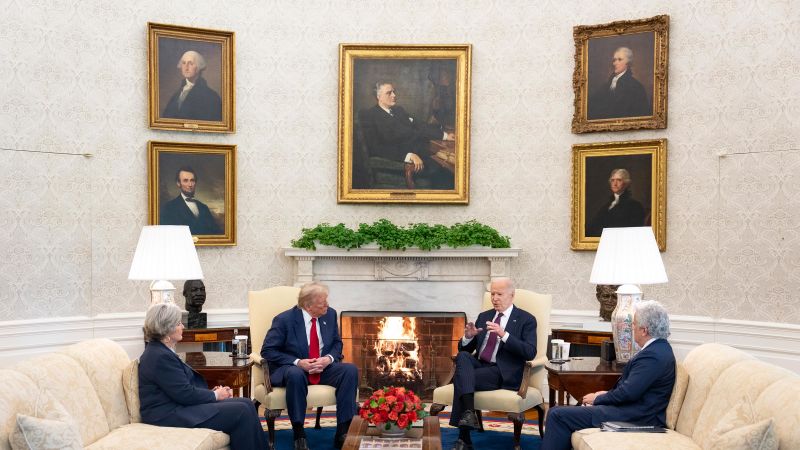Interview with Alexis Roig, Special Envoy for Science and Technology of Barcelona, CEO of SciTech DiploHub.
Mexico will host the new Center for Scientific Diplomacy for Ibero-America built jointly with Barcelona.
Last week, the Casa de España hosted the Barcelona Innovation Day. This international forum, organized by SciTech DiploHub, brought together more than 200 of the most outstanding actors in the scientific, technological, university and business fields of Barcelona and Mexico City.
The Economist spoke with Alexis Roig, Special Envoy for Science and Technology of Barcelona, CEO of SciTech DiploHub.
—The term “scientific diplomacy” is heard more and more frequently. What is?
It is the use of science, technology and innovation to bring cultures closer, to bring countries closer; it is the soft power of science because it does not understand languages, religions, political ideologies. Science is neutral and universal. We use collaborations through science to build and facilitate diplomatic relations between countries, cities and societies.
We listen to cultural expressions that help to have a good opinion or a good image of other countries; in this case it is something similar, but through science.
-Which countries are powers in scientific diplomacy?
Countries that have large diplomacies such as the United States, the United Kingdom, Germany, France develop science diplomacy strategies. These countries have scientific attaches in their embassies and consulates. The Netherlands and Switzerland are powers in scientific diplomacy because they have seen that with soft power they can gain influence.
In the Mexican Foreign Ministry there is interest; During the foreign minister’s visit (Marcelo Ebrard) to Japan, he signed an agreement to bring a Science Diplomacy Forum to Mexico next year. Also with Korea they signed an agreement with the space agency.
—What is the mission of SciTech DiploHub?
Our mission is to connect the Barcelona science and technology system with other relevant ecosystems in the world, attract opportunities, set up agreements, among other topics.
—What kind of agreements were signed around Barcelona Innovation Day?
We announce that by 2023 we will launch a Center for Science Diplomacy based in Mexico City. We also signed with Dr. Rosaura Ruiz (Secretary of Education, Science, Technology and Innovation of Mexico City) a collaboration agreement in science, technology and innovation between Barcelona and Mexico City. Taking advantage of the fact that we were flying here with a delegation made up of more than 20 universities, we have been visiting scientific and academic institutions. We launched the chapter of the network of professionals who were trained in any of the scientific institutions in Barcelona and who are now abroad; they are the knowledge diaspora of Barcelona.
—In today’s complex geopolitical environment, with a war in between and the constant rearrangement of commercial blocs, how has technology transfer been?
With the events of recent years, the United States and also Europe have cooled their cooperation with China, particularly in the wake of the Huawei crisis a few years ago, especially due to the protection of intellectual property and cybersecurity risks.
Europe has made a very firm decision, by the European Commission and the member states, to work to produce the European chip and not depend on China and the United States.
Similarly, the Barcelona Supercomputing Center, the largest in Europe, has won the European project to be responsible for the development of this chip.
—Is Barcelona the Silicon Valley of Spain?
Yes, without a doubt. It heads the international ranking for attracting funds for startups. Barcelona is the reference hub in Spain and one of the best in Europe after London and Paris. Amsterdam, Barcelona, Berlin are in fourth position according to the ranking of the technology sector.
Particularly in the scientific sector, in life sciences, in supercomputing, Barcelona is one of the most relevant cities in Europe.
—What are the foundations to achieve that position?
It has had a long tradition in the world of science, technology, and especially in the world of life sciences, the hospital sector, pharmacology. On the other hand, the best universities in Spain are in Barcelona.
—Why did you choose Mexico as the venue for Barcelona Innovation Day?
Mexico City is the main science hub in Latin America. We have had the opportunity to work previously with the City Government; with the Matías Romero Institute (of the SRE) in the training of diplomats in scientific diplomacy, with the Mexican Agency for International Cooperation for Development (Amexid). We were training diplomats who went to COP 26 (Climate Change Summit) last year.
fausto.pretelin@eleconomista.mx
hartford car insurance shop car insurance best car insurance quotes best online car insurance get auto insurance quotes auto insurance quotes most affordable car insurance car insurance providers car insurance best deals best insurance quotes get car insurance online best comprehensive car insurance best cheap auto insurance auto policy switching car insurance car insurance quotes auto insurance best affordable car insurance online auto insurance quotes az auto insurance commercial auto insurance instant car insurance buy car insurance online best auto insurance companies best car insurance policy best auto insurance vehicle insurance quotes aaa insurance quote auto and home insurance quotes car insurance search best and cheapest car insurance best price car insurance best vehicle insurance aaa car insurance quote find cheap car insurance new car insurance quote auto insurance companies get car insurance quotes best cheap car insurance car insurance policy online new car insurance policy get car insurance car insurance company best cheap insurance car insurance online quote car insurance finder comprehensive insurance quote car insurance quotes near me get insurance









